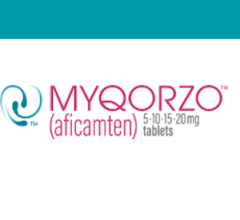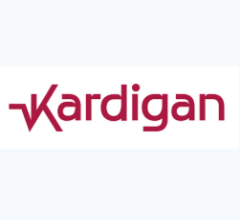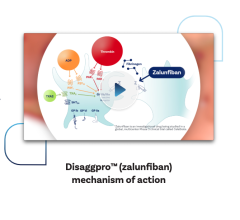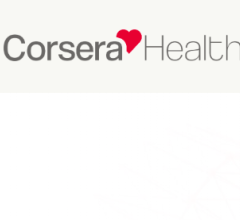November 9, 2011 – AstraZeneca announced that a combined expert committee of American College of Cardiology Foundation (ACCF), American Heart Association (AHA) and Society for Cardiovascular Angiography and Interventions (SCAI) has updated its guidelines for the management of patients undergoing percutaneous coronary intervention (PCI) to provide a Class I recommendation for giving the oral antiplatelet medicine, Brilinta (ticagrelor) tablets for patients undergoing PCI.
"Class I" means that a given "procedure/treatment should be performed/administered" to patients, given it was found to be "useful/effective/beneficial." Class I is the highest recommendation provided by the guidelines committee.
In patients with acute coronary syndrome (ACS), Brilinta is the first and only oral antiplatelet U.S. Food and Drug Administration (FDA)-approved to significantly reduce cardiovascular (CV) death versus clopidogrel. Brilinta significantly reduced the primary composite end point of CV death, myocardial infarction (MI), or stroke versus clopidogrel. The difference between treatments was driven by CV death and MI with no difference in stroke. The secondary end points included the individual components of CV death, MI, and stroke. In patients treated with PCI, it also reduces the rate of stent thrombosis.
Brilinta has been studied in ACS in combination with aspirin. Maintenance doses of aspirin >100 mg decreased the effectiveness of Brilinta. Avoid maintenance doses of aspirin >100 mg daily.
Specifically, the 2011 ACCF/AHA/SCAI Guidelines for PCI state that:
Class I:
A loading dose of a P2Y12 receptor inhibitor should be given to patients undergoing PCI with stenting (Level of Evidence: A)
Options include:
· Clopidogrel 600 mg (ACS and non-ACS patients) (Level of Evidence: B)
· Prasugral 60 mg (ACS patients) (Level of Evidence: B)
· Ticagrelor 180 mg (ACS patients) (Level of Evidence: B)
The duration of P2Y12 inhibitor therapy after stent implantation should generally be as follows:
· In patients receiving a stent (bare-metal stent [BMS] or drug-eluting stent [DES]) during PCI for ACS, P2Y12 inhibitor therapy should be given for at least 12 months. Options include clopidogrel 75 mg daily, prasugrel 10 mg daily, and ticagrelor 90 mg twice daily. (Level of Evidence: B)
Class IIa:
· After PCI, it is reasonable to use aspirin 81 mg per day in preference to higher maintenance doses. (Level of Evidence: B)
2011 ACCF/AHA Guideline for Coronary Artery Bypass Graft Surgery:
In addition, the 2011 ACCF/AHA Guidelines for Coronary Artery Bypass Graft (CABG) Surgery were also released today and notes as Class I that aspirin should be administered to CABG patients preoperatively (Level of Evidence: B), and that in patients referred for elective CABG, clopidogrel and ticagrelor should be discontinued for at least 5 days before surgery (Level of Evidence: B) and prasugrel for at least seven days (Level of Evidence: C) to limit blood transfusions.
Brilinta received approval from the FDA on July 20, 2011, and is indicated to reduce the rate of thrombotic cardiovascular (CV) events in patients with acute coronary syndrome (ACS) (unstable angina [UA], non–ST-elevation myocardial infarction [NSTEMI], or ST-elevation myocardial infarction [STEMI]). Brilinta has been shown to reduce the rate of a combined end point of CV death, MI, or stroke compared to clopidogrel. The difference between treatments was driven by CV death and MI with no difference in stroke. In patients treated with an artery-opening procedure known as percutaneous coronary intervention (PCI), Brilinta reduces the rate of stent thrombosis.
On Nov. 3, 2011, AHA/ACCF revised their Guidelines on Secondary Prevention and Risk Reduction Therapy to include Brilinta, in combination with low-dose aspirin, as a Class I therapy to be taken twice daily for at least 12 months in patients receiving a BMS or DES during PCI for ACS.
The revised guidelines are available online and will be published in the Dec. 6, 2011, issues of the Journal of the American College of Cardiology and Circulation: Journal of the American Heart Association. The guideline for PCI will also be published in the December 2011 issue of Catheterization and Cardiovascular Interventions.
For more information: www.cardiosource.org, www.heart.org, and www.scai.org


 January 28, 2026
January 28, 2026 









